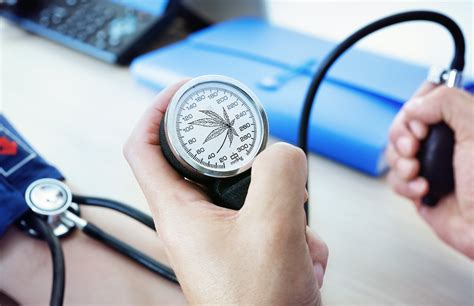The relationship between marijuana use and heart health is complex and necessitates a cautious approach. Research indicates that marijuana can cause the heart to beat faster and blood pressure to rise, potentially leading to heart attacks, especially in those with existing heart conditions. This elevation in risk is said to be significantly higher in the hour following marijuana consumption. Additionally, studies have suggested a link between marijuana use and atrial fibrillation, a type of irregular heartbeat.
However, some studies point to potential health benefits of cannabis, such as lowering blood pressure and reducing inflammation, highlighting CBD’s role in these effects. The dynamic nature of marijuana’s impact on the cardiovascular system — increasing resting heart rate, dilating blood vessels, and intensifying the heart’s workload — adds layers of concern.
The use of marijuana among older adults is rising, with reduced stigma and increased acceptance. Yet, the presence of THC, marijuana’s psychoactive component, has been associated with inflammation in blood vessel linings and atherosclerosis in animal studies, raising flags about heart disease risks.
Medical experts emphasize that while there are benefits for certain conditions, risks remain, and they are particularly noteworthy for individuals over 55. Moreover, CBD, a non-psychoactive component of cannabis, can interact with a range of medications, including blood thinners and heart rhythm drugs, which could have serious implications.
Given these findings, it’s crucial for patients, particularly those with heart disease, to disclose marijuana use to healthcare providers to mitigate potential risks, such as heart attacks due to ischemia. The confluence of increased heart rate and decreased blood pressure in heart disease patients underscores the need for prudence.
For more in-depth understanding, explore these resources:
Harvard Health,
Harvard Health,
Johnson & Wales University,
Harvard Health.
